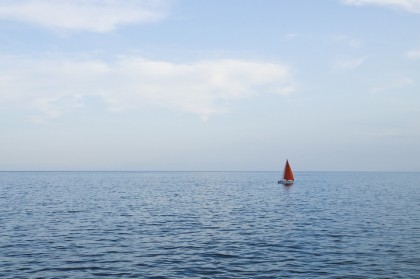Why is Adulting Suddenly So Hard?
Devra Torres | Oct 25, 2016
In a recent First Things piece, R. R. Reno puts his finger on something intriguing. He explains:
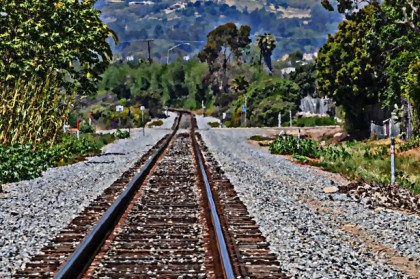
I'm just old enough to have internalized a fairly straightforward set of expectations. Life would be like a train ride with regularly scheduled station stops: college, job, marriage, children, retirement, and the grave. I could make mistakes and be diverted for a time, but the train would still take me forward, guiding me along the main course of life, however many side trips I might take. This gave me a sense of security, a feeling that life would take care of itself.
A friend, somewhat younger than me, ventured a strikingly different metaphor. He said life is like a sailboat heading toward a self-chosen destination. The always changing winds require tacking first this way, and then that. You must always be vigilant, assessing conditions and making decisions, all with no guarantee you'll get where you want to go.
If the train station metaphor is what's in the back of your mind, at least you know where you stand. Even if you've stalled at, say, the marriage station, or the job station, or you mix up the order, you know where you're headed. And it's the same place everybody else is headed. You didn't have the freedom and creativity to make things up as you go along, nor the pressure and burden of having to do so.

Reno links this shift to millennials' tendency to be easily "triggered," to crave "safe spaces" to suffer so often from anxiety. These are easy traits to ridicule. When I first heard about it--that time college had a speaker request that people clap silently so as not to upset those who would be triggered by the sound of palm striking palm--I thought it was a joke, or that something had been ripped out of context.
But no, it wasn't made up. It wasn't out of context. And lots of people have responded with disgust at how soft we've gotten. They have no sympathy for all the "special snowflakes" and assume they're just more spoiled and lazy than previous generations.
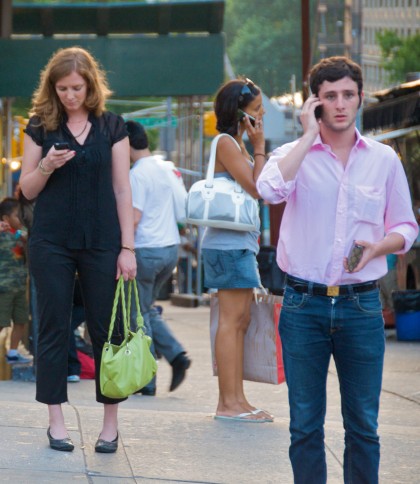
Reno has a different idea. He links the increase in anxiety to growing up with the sailboat paradigm. It's up to you to design your life. No autopilot allowed. No conventional trajectory to follow. Nothing but freedom and adventure. Good luck, kid! Don't mess up!
And I'll add my own unconscionably broad generalization: in the early twentieth century, lots of Americans were focused on survival and living with dignity in a new land, and then coming through the wars to peace and prosperity.
 After a protracted struggle, they managed to get themselves on the train and settle on an itinerary. By the fifties, it was set, and following it was the respectable thing to do. All aboard!
After a protracted struggle, they managed to get themselves on the train and settle on an itinerary. By the fifties, it was set, and following it was the respectable thing to do. All aboard!
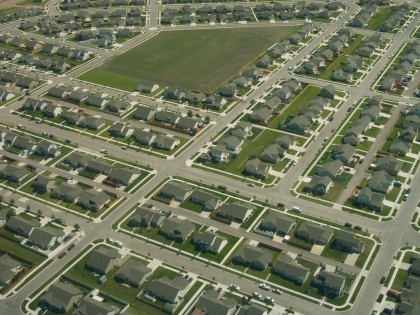
In the sixties and seventies, the Baby Boomers came to despise the itinerary and wanted to set out for the open seas--at least in their youth.
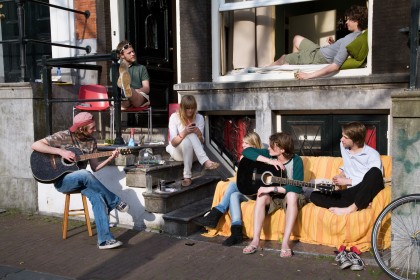
As they aged, of course, many of them ended up shooting for a stable career and family life and, in many cases, an exceedingly comfortable retirement.
But somewhere along the way, with all the despising of stability and conventionality of "adulting" before they settled down to it, they never taught their own children how to do it. They also left them ambivalent about whether to try to board the train or sail recklessly into the blue.
Eventually, that generation could no longer avoid the chores of adulting, but they found themselves uniquely unqualified to tackle them. Whether or not we agree about them being as spoiled and lazy and entitled as they're cracked up to be, it's clear that many are simply untrained. Faced with a choice between hitting all the stations with no map, and making it all up as you go along, anybody would feel overwhelmed.
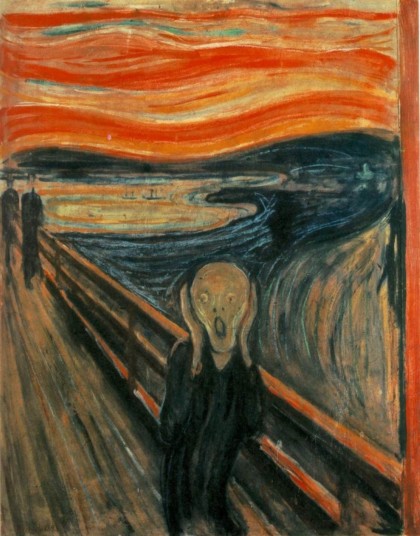
From a personalist standpoint, there are lots of caveats. The sailboat analogy might seem the most fitting. Why, after all, are we given freedom and the power to steer our own course if we're not going to use it? Why just tread the same path as everybody else? But then, being the master of your soul is not about casting away the "station stops" of human nature and wandering off without guidance or stability. And you can reject a life of tidy, conventional station stops without denying human nature and rejecting all the institutions founded upon it. You can stretch each metaphor till it reaches the point of caricature.
Still, I think Reno's point goes some way towards explaining how we got where we are.

